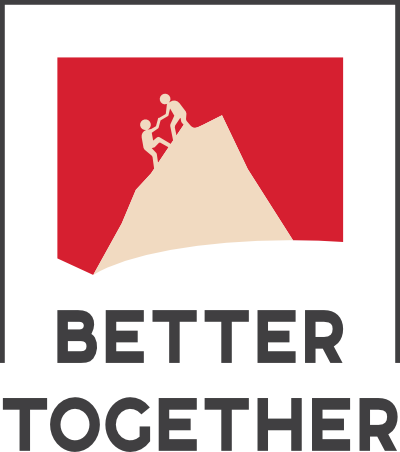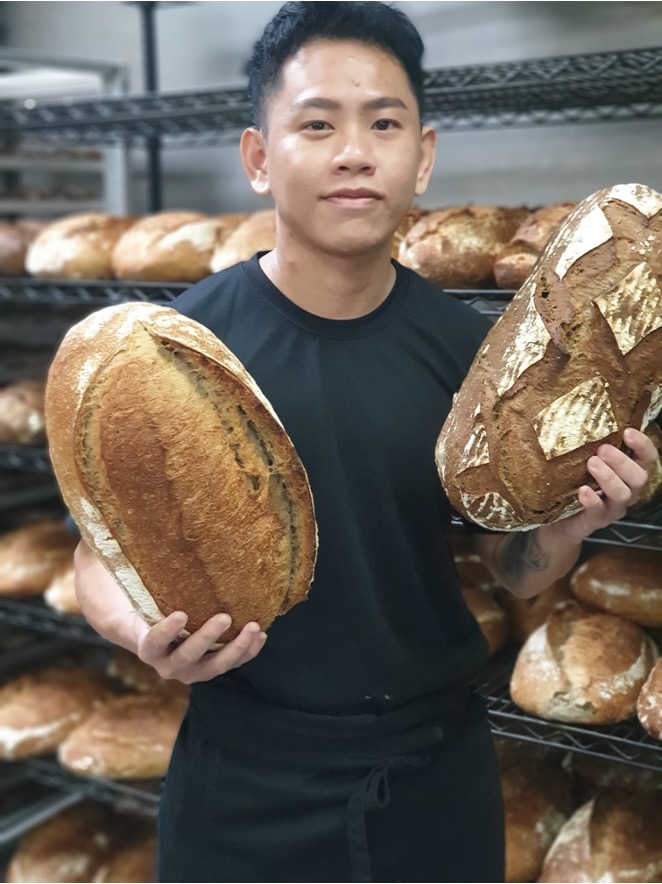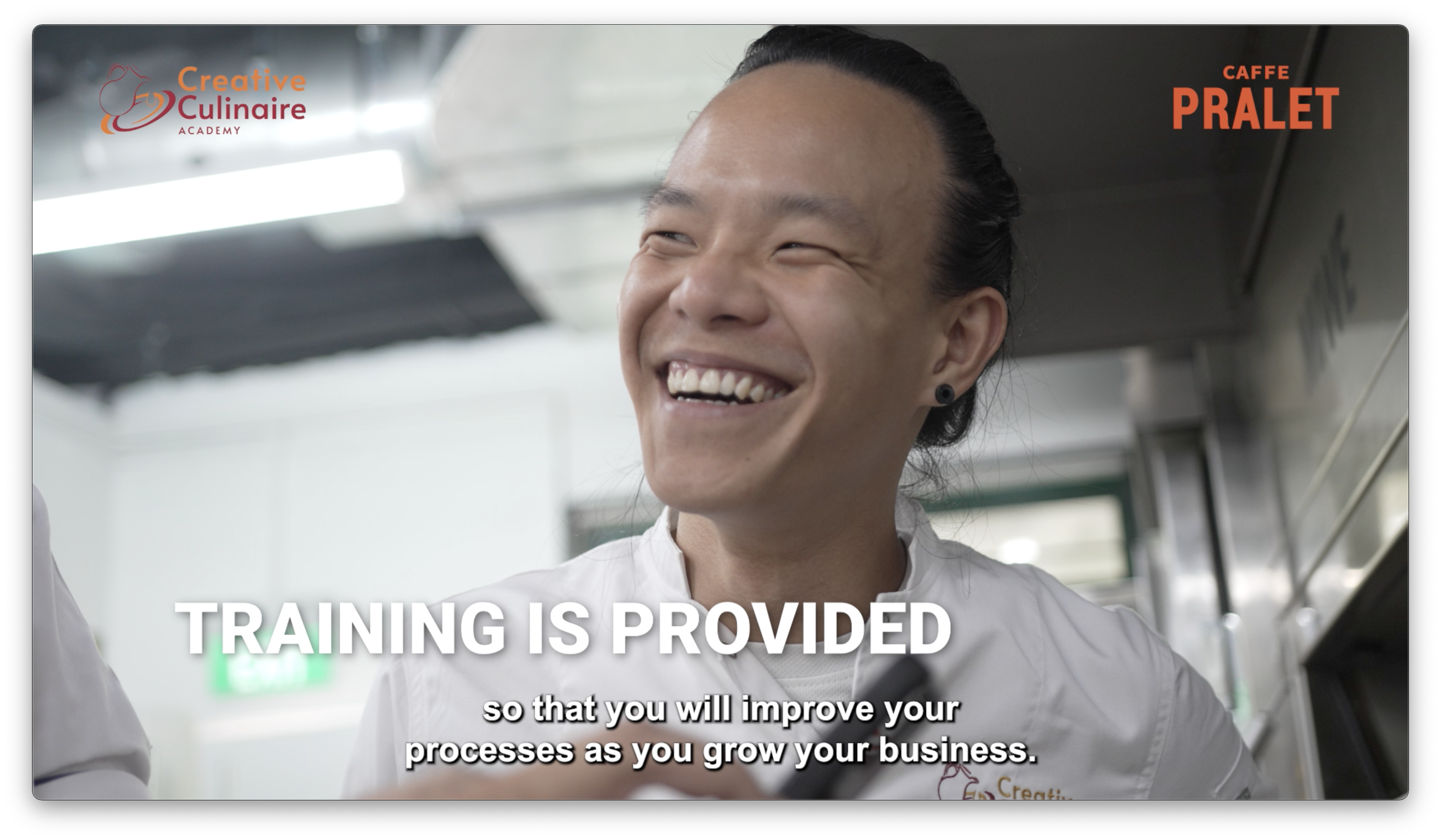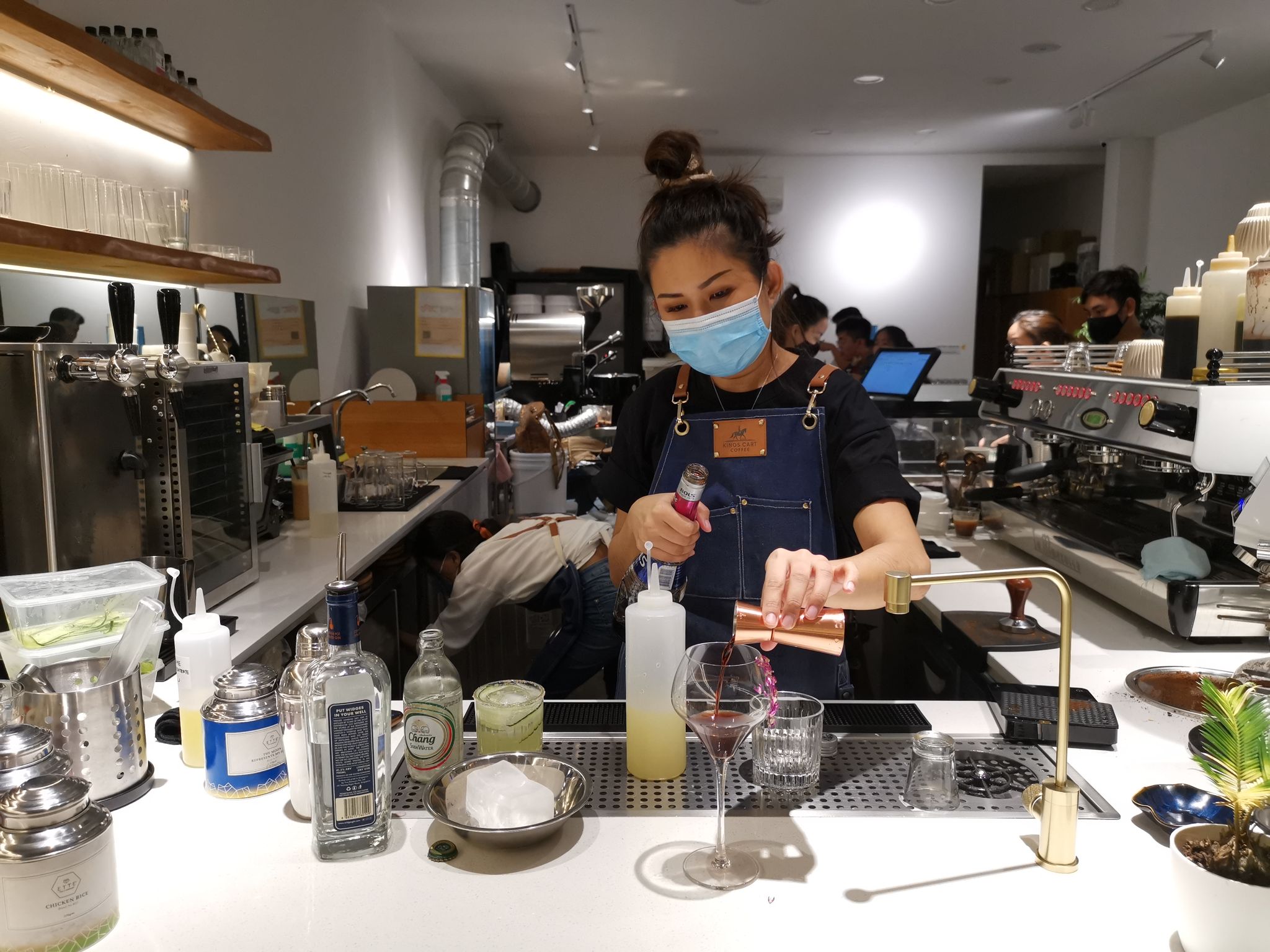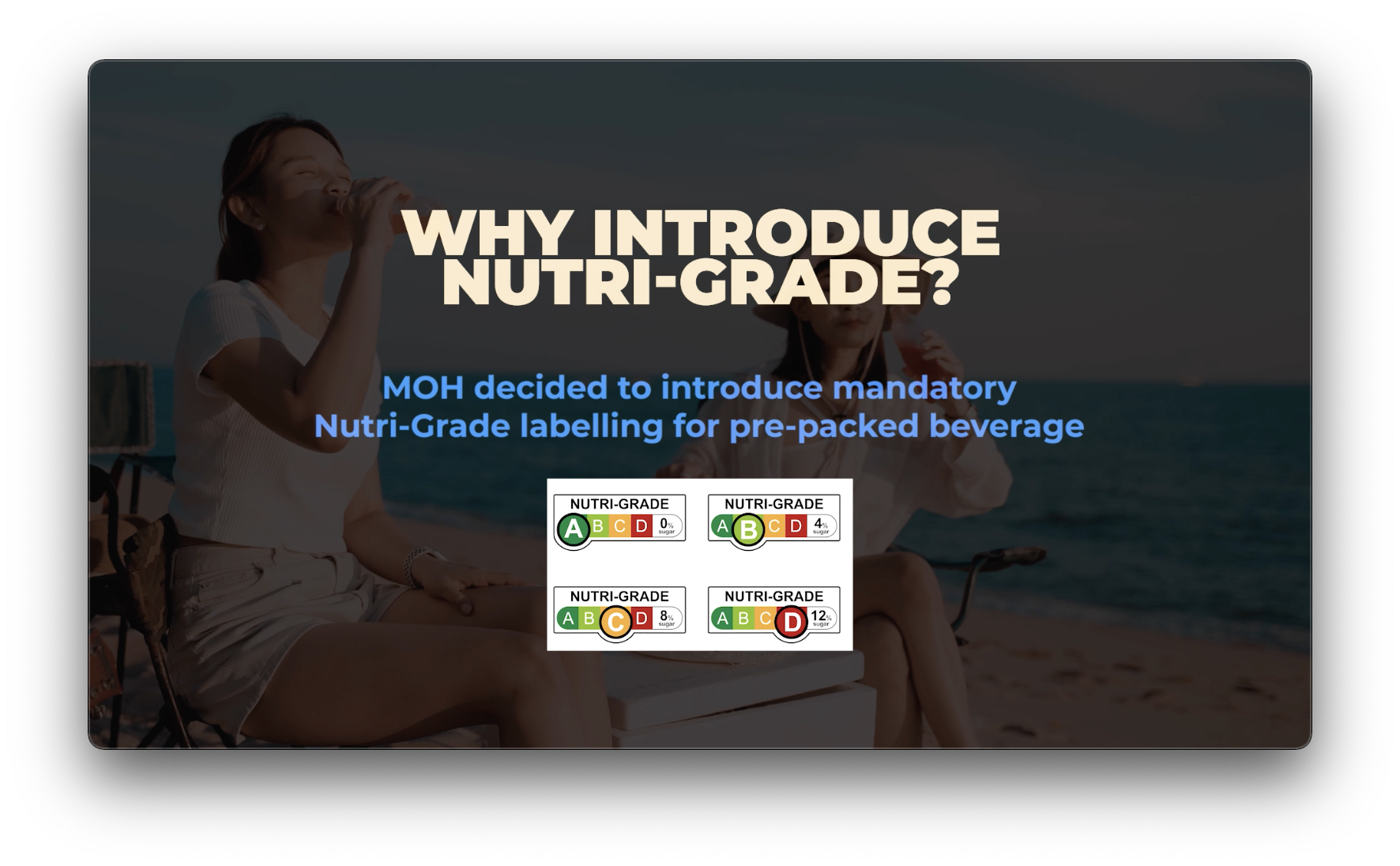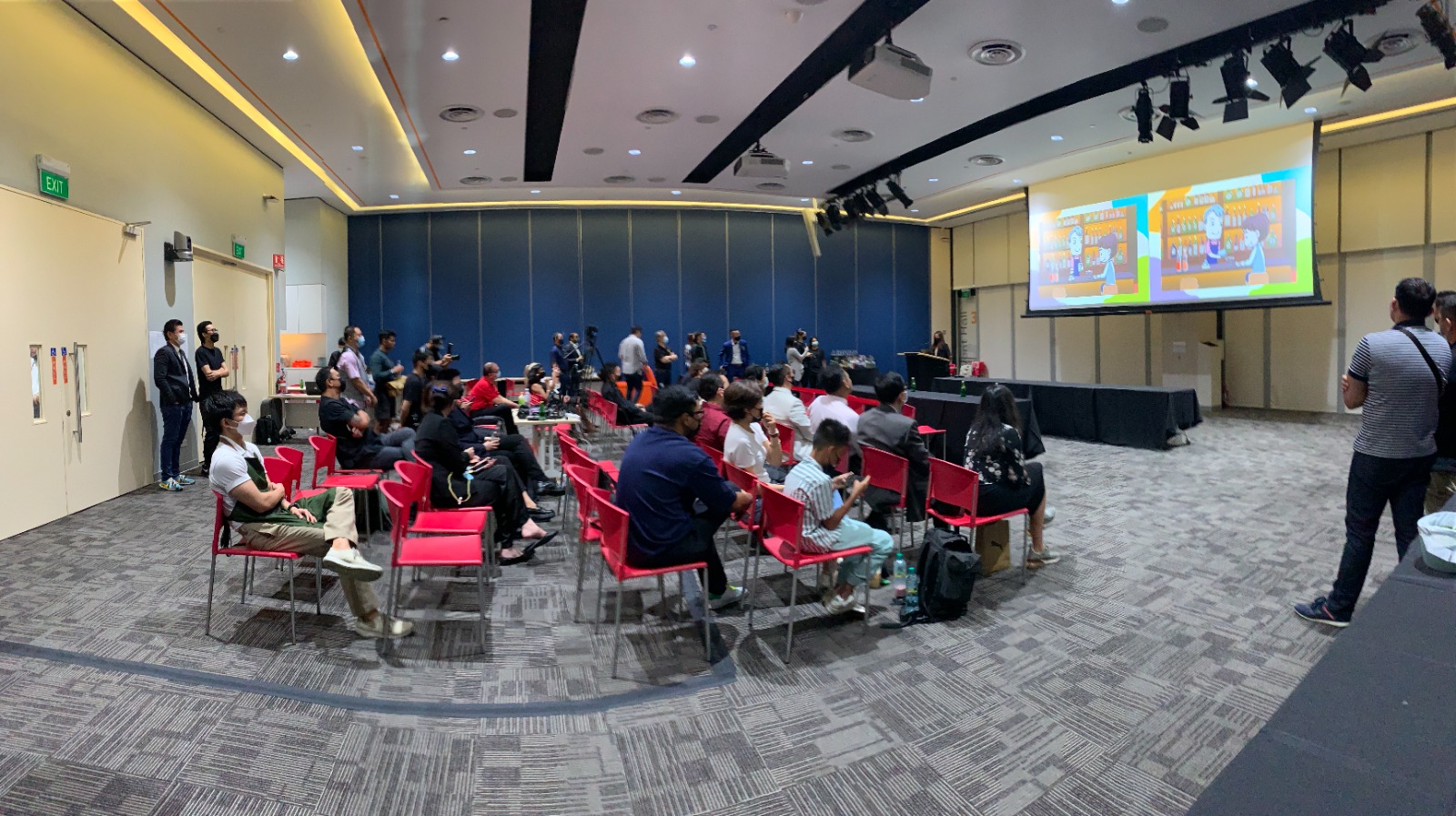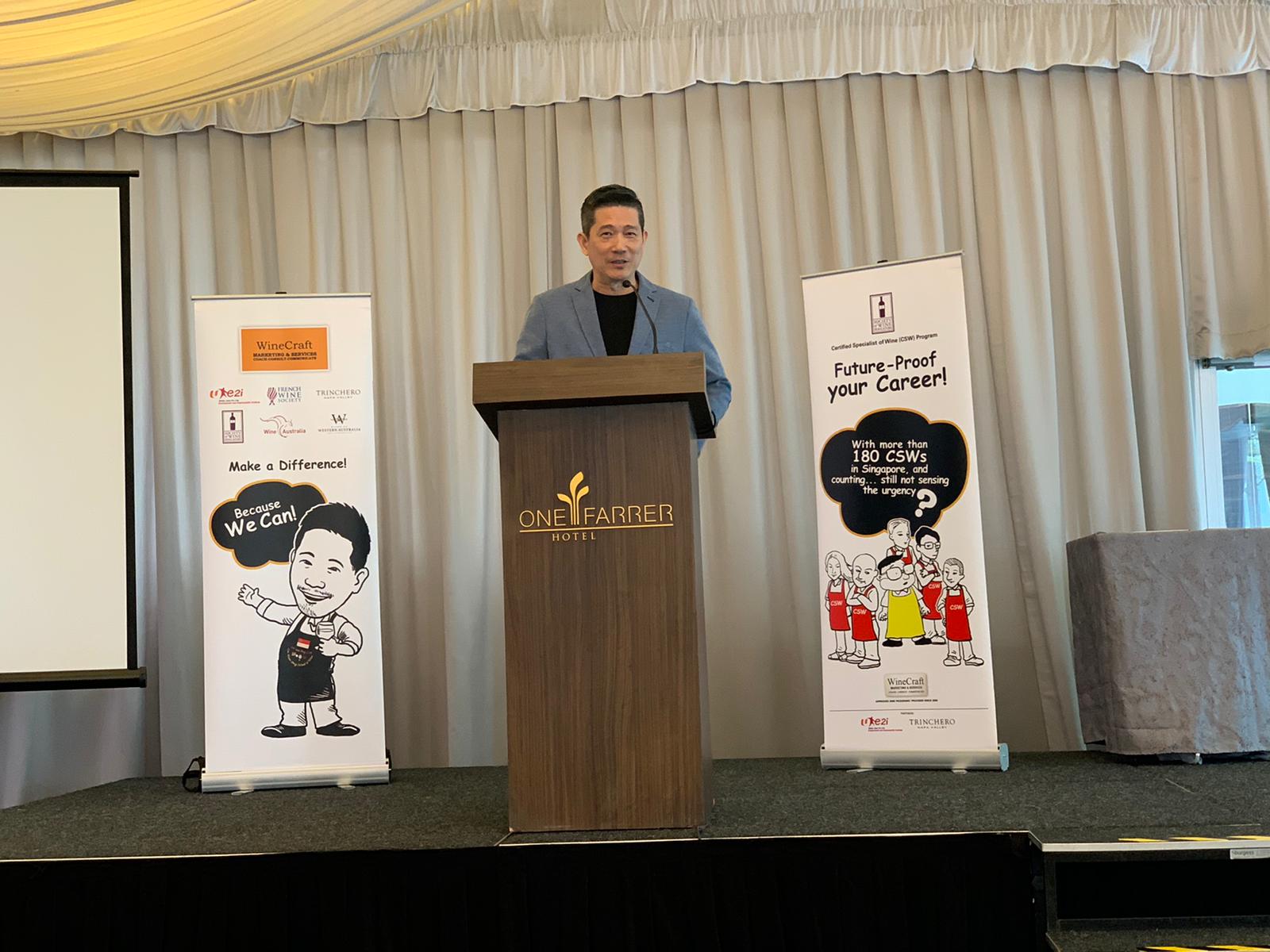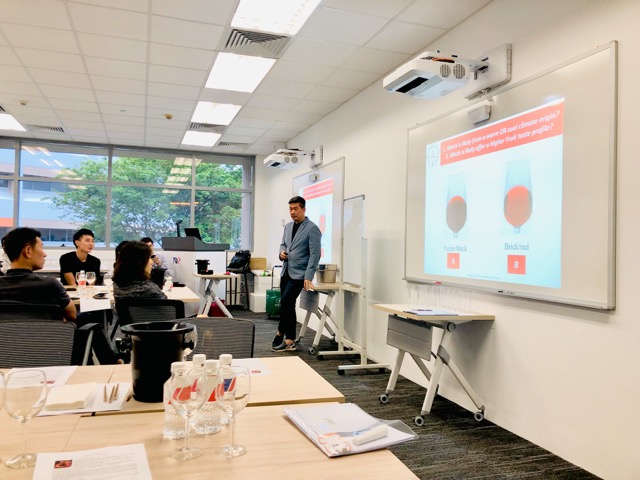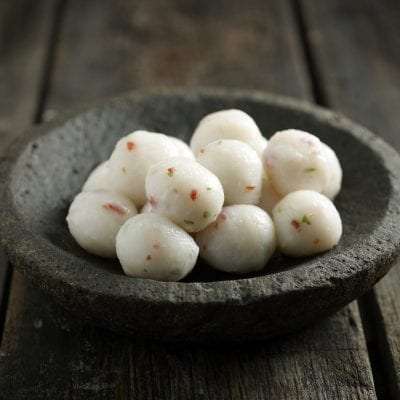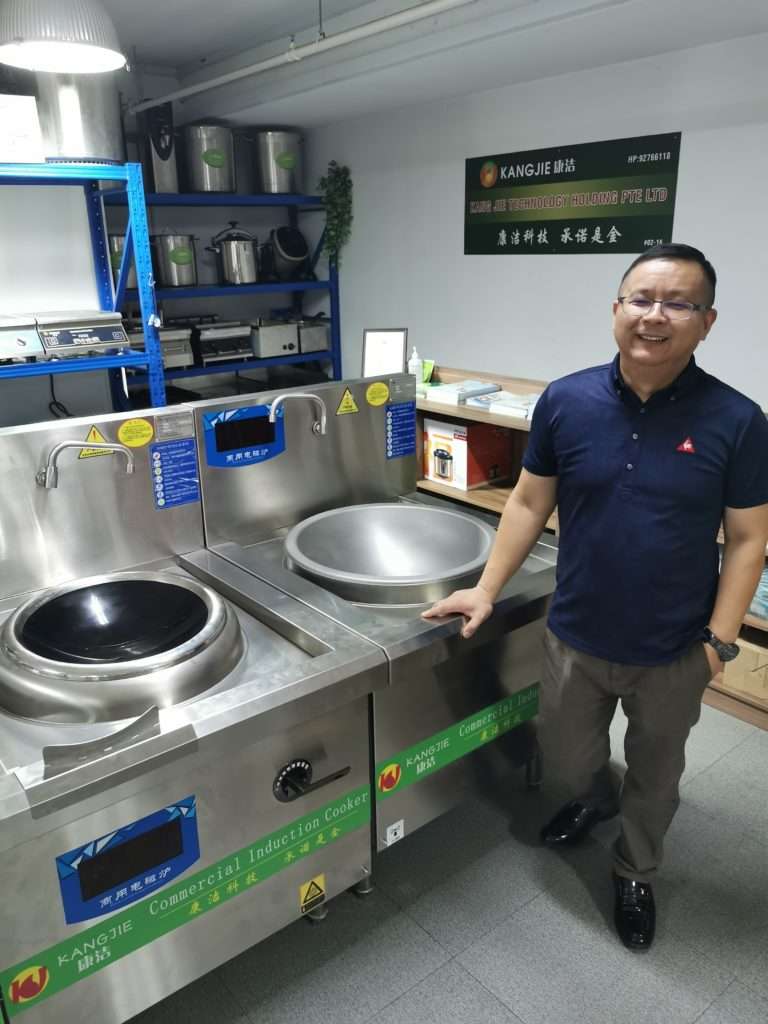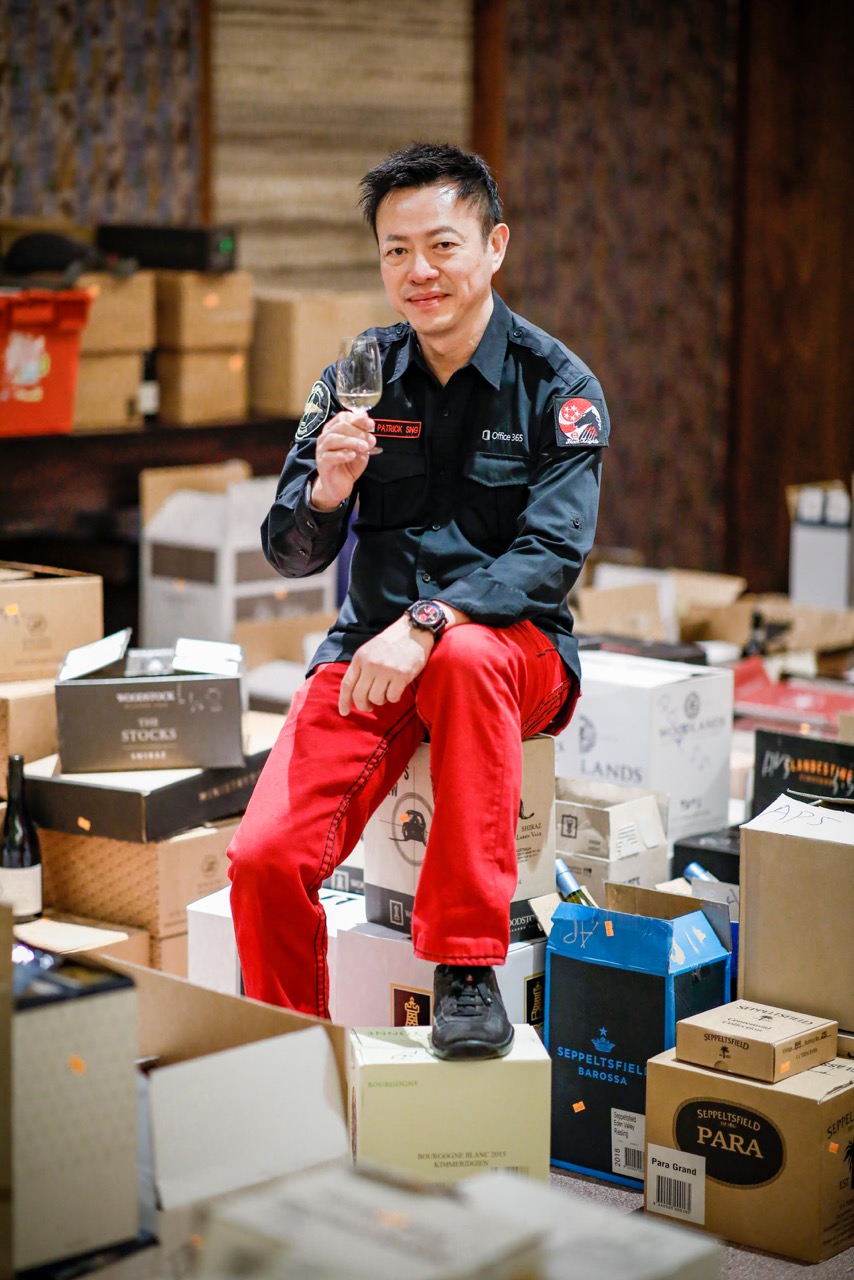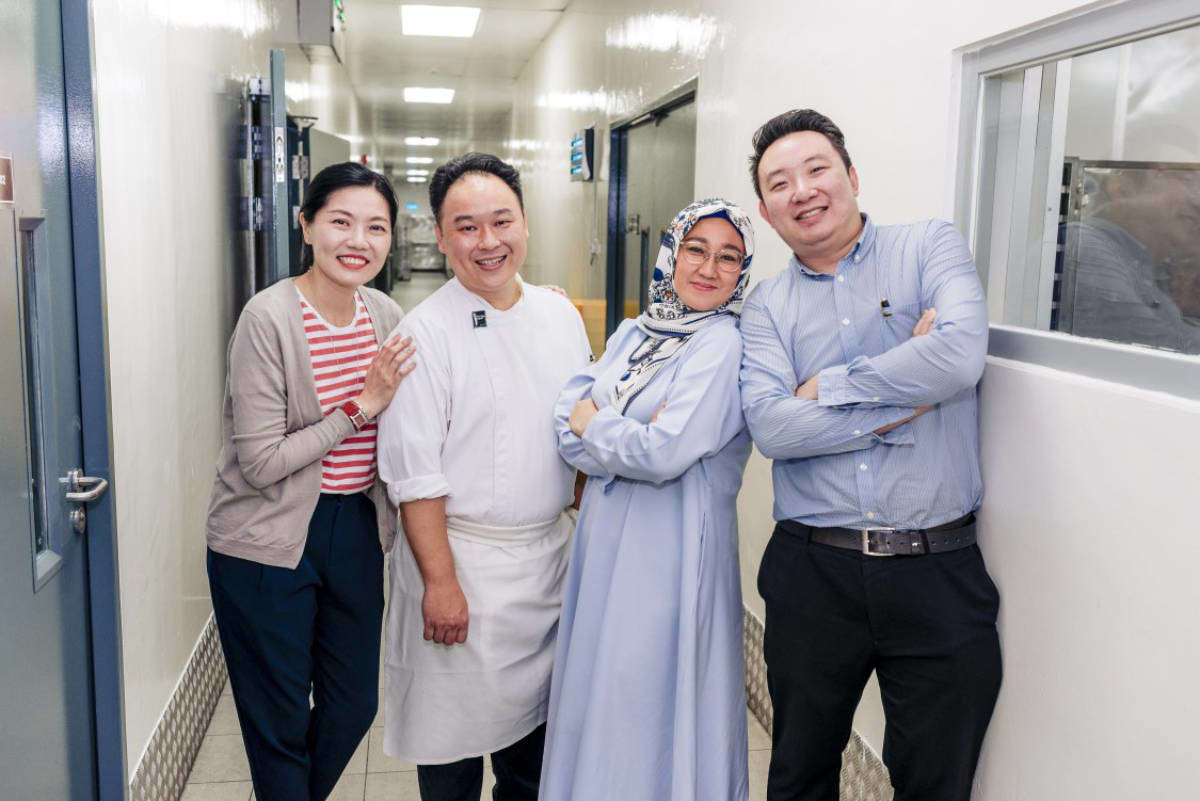COEX Food Week is Korea’s largest international food & beverage exhibition. The 17th edition, held from 2nd to 5th November 2022, offered a glance at future trends in the food industry under one roof.
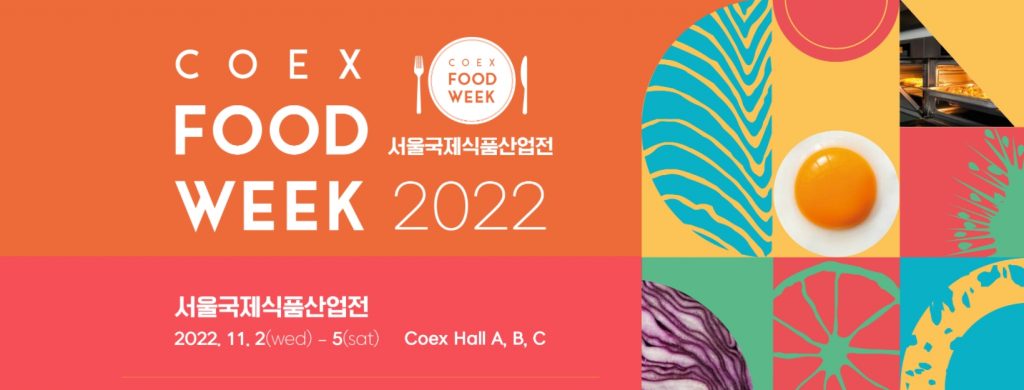
Held alongside the main exhibition were various food-related exhibitions including Bakery Fair 2022, HORECA Kitchen Fair 2022, Drink & Dessert Show, and Food Industry Technology Show Korea, the only exhibition specialising in next-generation food technology in Korea where you can catch innovative food tech products and new technologies such as alternative food, smart farm, personalised food, zero waste, service robot, food cold chain, and logistics AI solution.

Advocates of consistent upskilling and the need for adaptability of Singapore’s workforce, NTUC’s Employment and Employability Institute (e2i), led a contingent of representatives from the F&B industry to visit the exhibition. Amongst those participating were Axquisite Pte Ltd, Kings Cart Coffee and Better Together, most of whom were first-time visitors.

Observations
What stood out at the show was how seamlessly tradition embraces innovation. As consumers, we are all too familiar with Korean packaged foods such as ramyun, frozen mandu, ready-to-eat meals like bulgogi, and abalone porridge, and of course chilled fermented foods such as kimchi, which are readily available in Singapore. But these are only the tip of the iceberg of what is available in South Korea.
The general perception that ready-to-eat meals are not as healthy as home-cooked or ala-minute meals is still prevalent. But a visit to Korea may alter that point of view. Koreans are fiercely proud of their ready-to-eat meals. Traditional foods such as soups and stews are carefully processed and packaged to retain flavours and nutrients.
Most provinces are represented by organisations that aim to develop agricultural life, food and bio industries in their respective provinces. One such organisation is Jeonbuk Institute for Food-Bioindustry with capabilities that support product design, food analysis, research & development and food production.

With the global food industry focusing on health and sustainability, which includes resource efficiency, an ethical supply chain, reduced waste, and openness about ingredients as part of “sustainability”, there are many opportunities for international collaboration and cross-cultural exchange of ideas and knowledge.

In South Korea, approximately 22% of land is arable, while the remaining land is mountainous or urbanised. While South Korea strives to combine cultural heritage, and societal needs, while adapting to local conditions and maintaining rural livelihoods, the total area cultivated for agriculture is slowly decreasing due to land development for industries and residential housing. This together with an ageing population, to maintain sustainable growth, South Korea needs to continue to support smart farming practices, and continued innovation. Korean startups N.Thing, Farm 8, Firmmit and more are becoming vertical farming leaders. These vertical farms are automated and use up to 90% less water than traditional farming while using more products per square footage.
And as Singapore continues working towards “30 by 30” to build up our agri-food industry’s capability and capacity to produce 30% of our nutritional needs locally and sustainably by 2030, the exchange of knowledge can be beneficial.
This learning journey to Seoul has been fruitful and rewarding with plenty of opportunities for in-depth discussion and networking.
